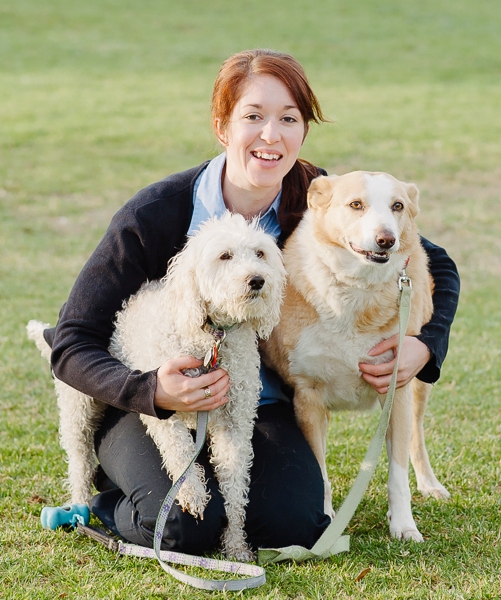Your dog loves you unconditionally… even when you yell at him/her, or accidently step on his/her toes. It is hard for your dog (and you) when you have to leave him/her at home. Most dogs cope fine with their owner leaving, even though they show those ‘puppy eyes’. However, a select few become distressed when separated from you.
Separation anxiety starts when your dog anticipates your impending departure. As you are getting ready to leave (or even through the day as you moving around the house, away from your dog), you may notice your dog panting, drooling, pacing, whining, shadowing you and/or self-licking. Once gone, your dog will try everything to get out and find you. Displaying behaviours like barking/howling, house or yard destruction (mostly around doors/other exits), urinating and defecating around the house, and an excessive greeting when you return. Please note, that if your dog suffers from separation anxiety, he/she has no control over this behaviour.
Separation anxiety most likely is due to a combination of genetics (with some dog breeds being more prone to fearfulness and anxiety) and previous experiences. It is a condition that needs to be treated. Unfortunately, your dog will not just get over it or outgrow it. If left untreated it will get worse. Punishing your dog (including shock or spray collars) will intensify the behaviour.
In mild cases, you can teach your dog that being alone is not something to be afraid of, there is no reason to panic and you will return. The process will be long, but with perseverance over time you can teach your dog to associate your departure with good things, like delicious foods.
Highly anxious dogs, on top of not wanting to eat when you are not home, require a more complex training program and maybe even medication to help settle the anxiety.
If you think your dog has separation anxiety, please speak to your local vet about the options available for treatment.

Veterinary Nurse Kirstie Hancock is qualified in animal behaviour with her Certificate IV in Companion Animal Services through the Delta Society. She has lots of great tips and ideas when it comes to misbehaving pets. Keep an eye out for her monthly tips on our Facebook page. Also check out her own business Facebook page - Positive Paws.

